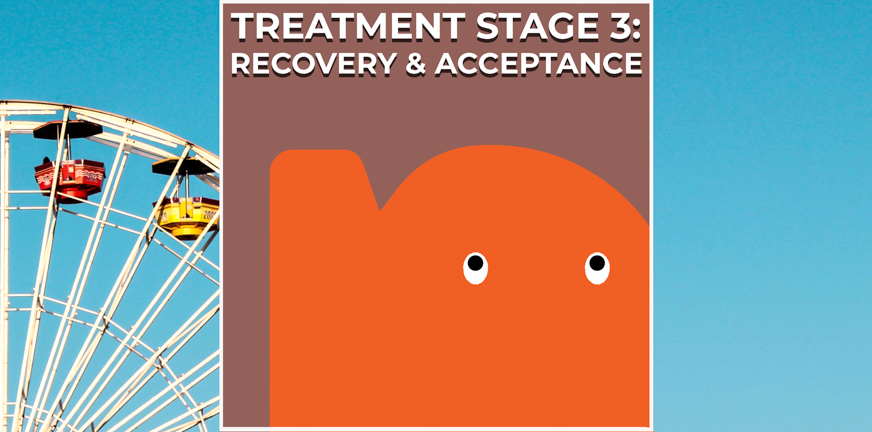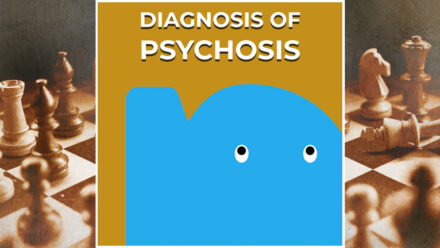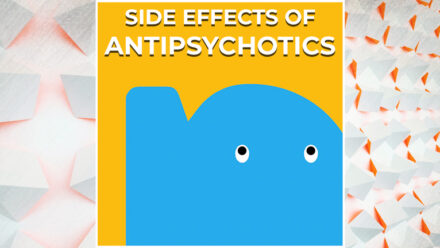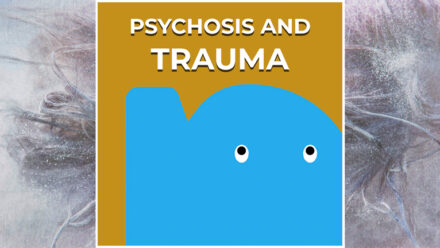
When the crisis is under control and the storm has died down somewhat, the next stage begins. This is the stage of ‘learning to deal with psychosis vulnerability’. When someone has gone through psychosis for the first time, this is the start of a process of accepting a vulnerability that has tremendous impact on someone´s life. What has happened?
This stage is about recovering physically and mentally, processing painful events, getting back (self) confidence and moving on with your life. This is difficult, because many things that used to be a given, can no longer be taken for granted. At this stage, support and/or treatment is very important, along with a number of aspects of life that must be (re)organised to get you back on track. Education or work, or structuring your daily routine, handling medication, dealing with mental health professionals and their diagnoses, processing trauma, restoring relationships. All these aspects require attention, so it is important to take up responsibility for them with the help of others.
Hope and perspective
What matters most at this stage, is finding hope, perspective, meaning and self-confidence again. Those with the courage to accept help, will find that the right combination of information, interacting with people with lived experience, preferably at a recovery college, dealing with medication and psychotherapy, it is possible to have a perspective for the future again after psychosis. Treatment can be focused on gaining insight into the past to believe in the future again by formulating your personal goals. Processing and understanding your psychotic experiences are also important. It can also be very comforting to talk about this to other people with lived experience and follow courses at a recovery college.
Watch the animation “Five phases of psychosis”
Dare to ask
During this stage, you are struggling with your psychosis vulnerability and discovering how you can live with this burden. It helps to have the right information and thus make the right decisions about the different recovery tracks. How long will you be taking medication? How long before you start looking for work? How long will you continue day treatment or job training? How long does therapy last? What kinds of treatment are there? What does recovery mean in practice? Where can I find a recovery college? How do I think about my life goals? What is a meaningful life?
So you see, it is important to start asking questions. Dare to share your experiences and dare to ask.




